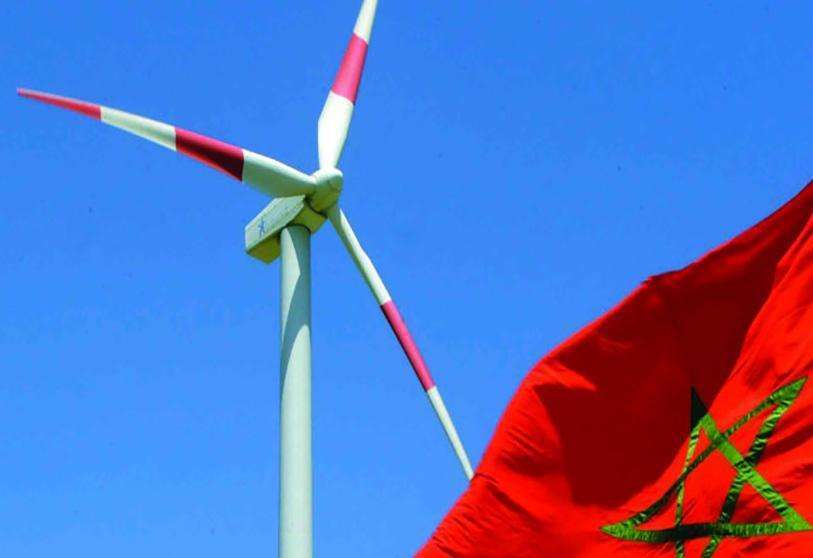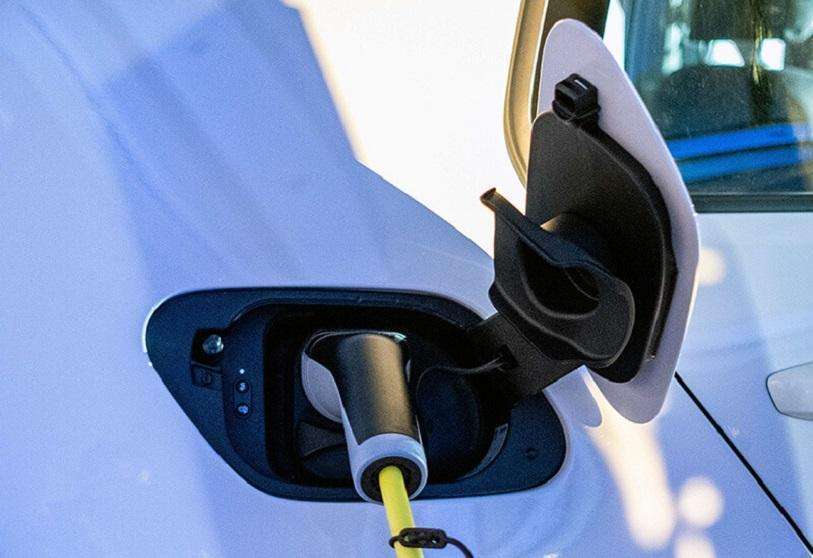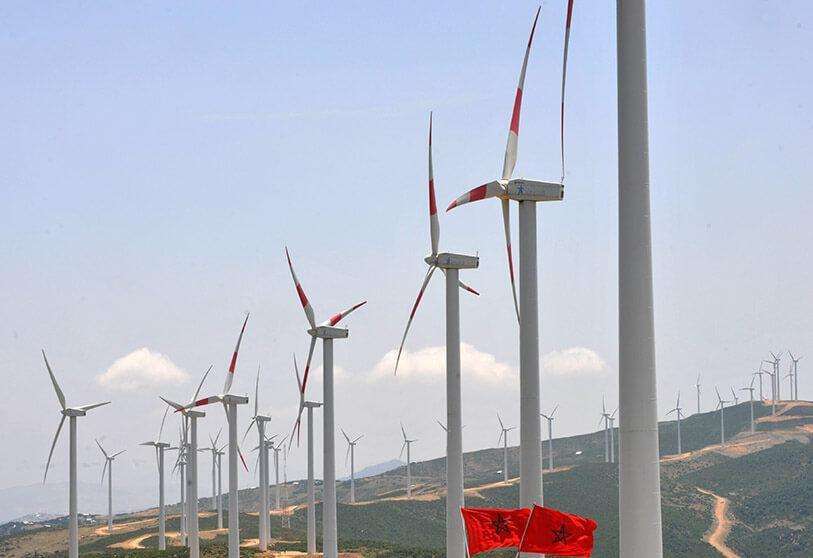Cepsa plantea la importación de hidrógeno verde desde Marruecos

Maartem Wetselaar, CEO of Cepsa, has just announced that the company is considering importing hydrogen from Morocco. The CEO has made the announcement and this new action is intended to be the Spanish firm's new strategy. To carry out this shipment, Wetselaar explained that it will build a hydro-product. This will start at the refinery in San Roque, a town very close to the shores of the Mediterranean in the Strait of Gibraltar.
The Spanish multinational's new strategy is based on the new global energy strategy. Wetselaar says the plan has the main objective of increasing the transport of fuels from Africa and, in the same way, promoting more sustainable products in Europe.

The director is convinced that the idea promises to bring about a reduction in electricity prices in Spain. Wetselaar says that the price will start to fall in the near future, but that, in turn, the price of hydrogen will rise. This is therefore a very innovative and well thought-out strategy, because starting to implement the plan now would save the company a lot of money. According to the company's estimate, to achieve these levels, electricity would have to cost between 20 and 25 euros/MWh, as hydrogen is currently very expensive because it is a fairly new energy source.
For the project to be implemented, Cepsa expects the hydrogen sector to set its price at just over two dollars, and for drivers it would be three or four dollars. At present, all of this costs around six or seven dollars.
However, this industry lacks an established legal framework, which is why Cepsa is asking the competent institutions to draw up one in order to start operating in this field. This is essential for the correct development of this new energy resource. It should be noted that Cepsa wants the plan to be carried out as quickly as possible, as it does not propose an extensive development as was the case with solar and wind energy, which took 20 years to be fully developed.

In the main benefits that hydrogen leads to, it highlights the case of electric vehicles. The company considers it to be a very good solution to replace petrol, as well as being non-polluting. To this end, it has reached an agreement with Endesa and this month will begin to implement some recharging points throughout the country.
Even so, the Spanish oil company also wants to invest in the maritime and aeronautical sectors. For the first, Wetselaar points out that green ammonia will be used, which is not yet developed, and they are looking for alliances with other companies to promote its creation. In the case of aeronautical vehicles, the company intends to use all its biofuel production.
Starting to work with green hydrogen is a very effective bet that other countries, such as Morocco, are already beginning to make with force. The whole world is at a time of accelerating energy transition as a direct consequence of the conflict between Ukraine and Russia. Let us remember that Russia is one of the main exporters of hydrocarbons and, at the moment, its price is sky-high. Wetselaar assures that Spain would have a great opportunity to lead this incipient market, since thanks to the climatic conditions, large quantities of the resource can be produced thanks to the sun and the wind.

"We can have the cheapest green hydrogen in Europe, but to be the first, we must be leaders, take measures and be ambitious. Cepsa is focused on green molecules and aspires to lead in Spain and export this hydrogen," said the company's director.
Cepsa is living a moment of pure ecological transition and is betting on green energies. In addition to hydrogen, it is also drawing up an investment plan of more than 8,000 million euros. This is intended to be applicable until 2030 and aims to promote sustainable mobility through vehicle recharging points and the creation of biofuels








